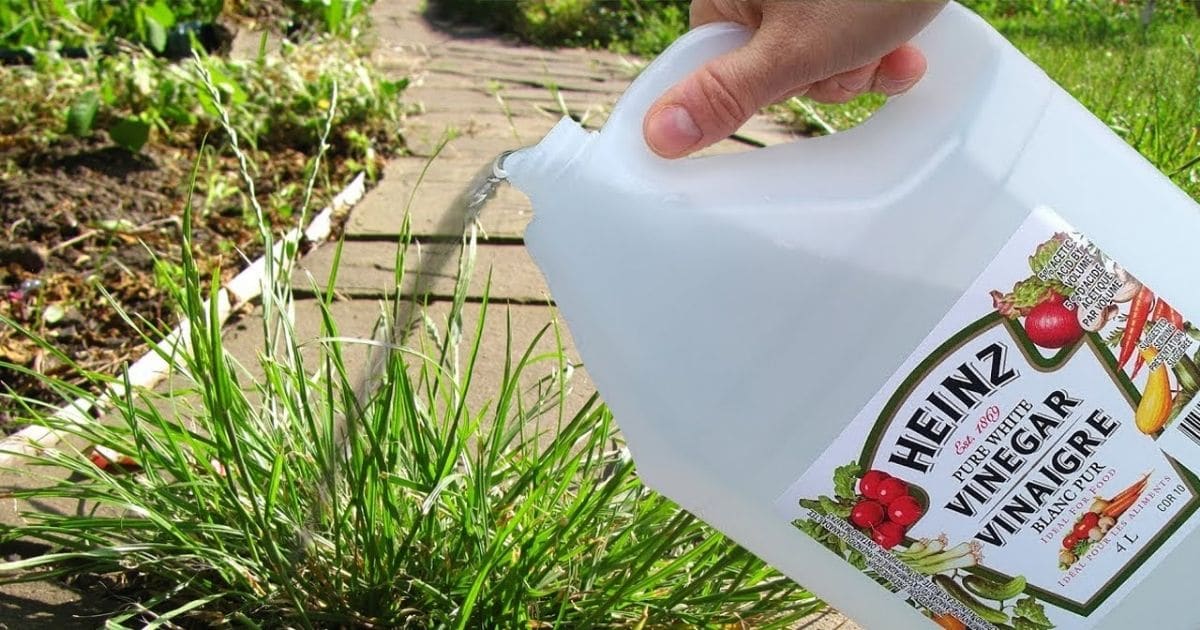Did you know that you can use orange peels to kill ants? Or how about Epsom salt to grow healthier tomatoes?
You are sitting on a gold mine of resources in your kitchen that can be re-purposed or recycled to benefit your garden. The best part is that you are eliminating the use of dangerous chemicals, while saving money, and not harming the environment.
1. Red chili pepper
Cayenne Pepper or red chili pepper; if you are using whole peppers combine a half cup chopped peppers and two cups of water in a blender and pour the liquid into a spray bottle, add a tbsp. of liquid soap to help the spray “stick” to the plants. If you are using the powder form of pepper, substitute 2 tbsp for the half cup. Remember that this is not a selective pesticide, meaning it can harm beneficial insects too, so be sure and only use it if you have a major problem.
2. Japanese Beetle Trap
This is a simple one. All you’ll need is a bucket, a brick, and a can of fruit cocktail. Open the fruit cocktail and let it set on the window seal for a few days to ferment. Put the brick in the bucket and place the fruit cocktail on the brick. Fill the bucket with water up to the rim of the fruit cocktail can. Set the bucket near the problem area, the beetles will fly in to get the fruit cocktail and drown in the bucket.
3. Natural Herbicide
Vinegar is a great substitute for the toxic and persistent glyphosate. Add a little dish soap with pure vinegar in a spray bottle and apply during the heat of the day. If you find that your kitchen vinegar just won’t cut the tough weeds, you can purchase a horticultural grade vinegar with a higher concentration of acetic acid and apply it the same way.
4. Natural Fertilizer
Don’t put down that vinegar just yet. If your acid loving plants, like azaleas or gardenias are looking a little yellow, mix 2 tbsp of vinegar to 1 quart of water and pour at the base of the plant. Repeating this process every two weeks should turn that yellow to green.
5. Get rid of Ants
Don’t spray or pour those broad spectrum pesticides all over the place, these are particularly persistent and harmful to humans and animals, as well as all insects, beneficial and not. Simply boil some water and dump on the mound, the ants die instantly. Be sure to boil enough water so you can keep pouring until you reach the queen.
6. Epsom salt
Epsom salt is a natural mineral, discovered in the well water of Epsom, England, and has been used for hundreds of years. It is magnesium sulfate which stimulates root growth in plants, especially tomatoes. Add a teaspoon to the hole when planting and presto, super tomatoes. The magnesium is critical for seed germination and the production of chlorophyll, fruit, and nuts. Magnesium helps strengthen cell walls and improves plants’ uptake of nitrogen, phosphorus, and sulfur. As an added bonus, a little pinch will also deter squirrels from digging up bulbs in your flower garden.
7. Slug and snail deterrent
Don’t dump out that last bit of coffee that you didn’t finish, throw it in a spray bottle and spray your plants to naturally deter slugs and snails. Also, you can make a slug “fence” around the garden with the grounds. This is a double bonus because as the coffee grounds deter slugs, they are also a great addition to soil and earthworms love them!

